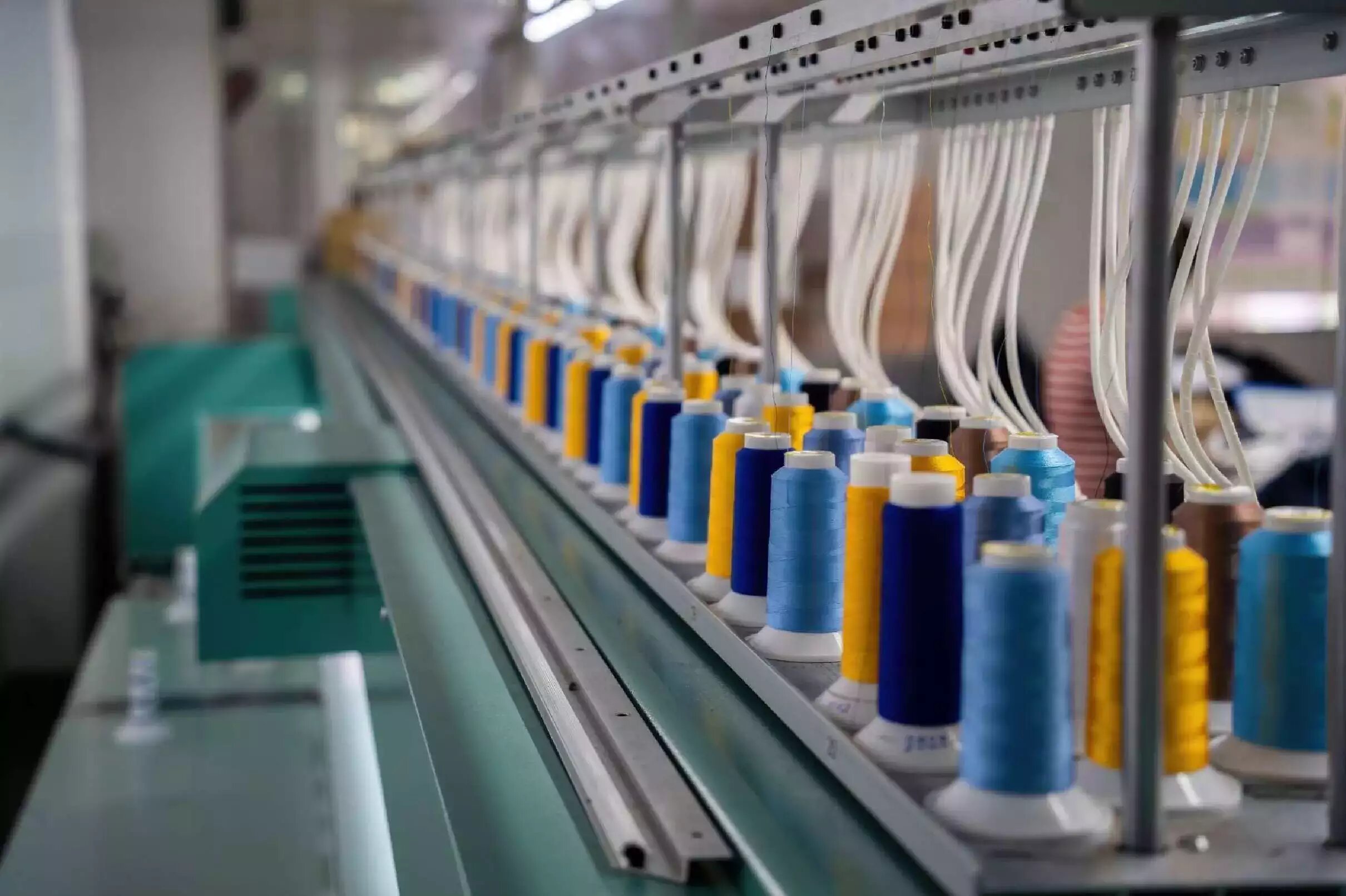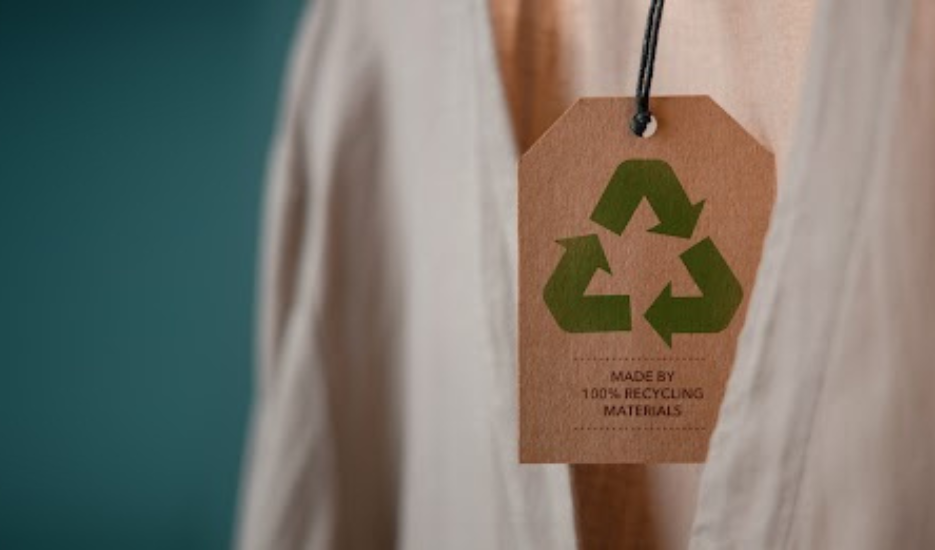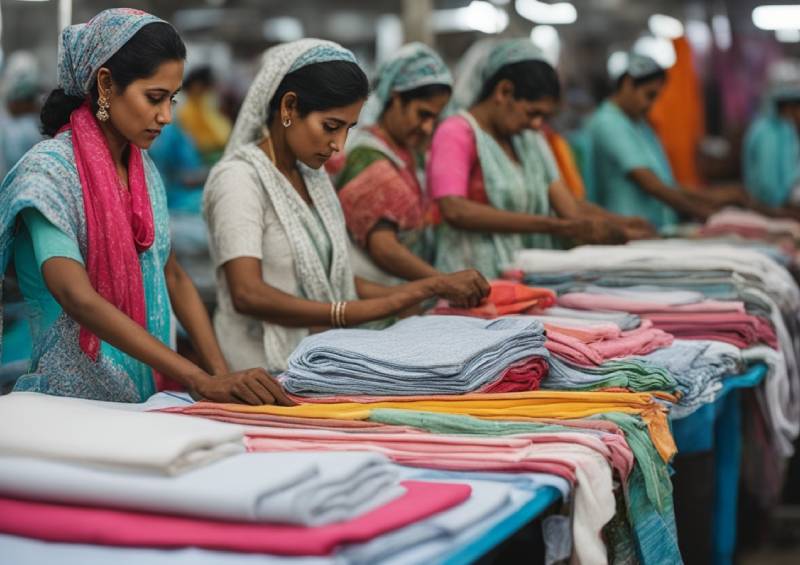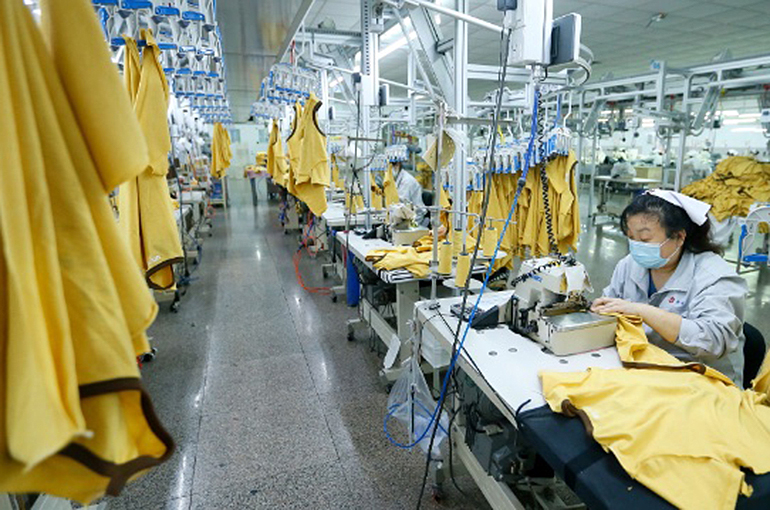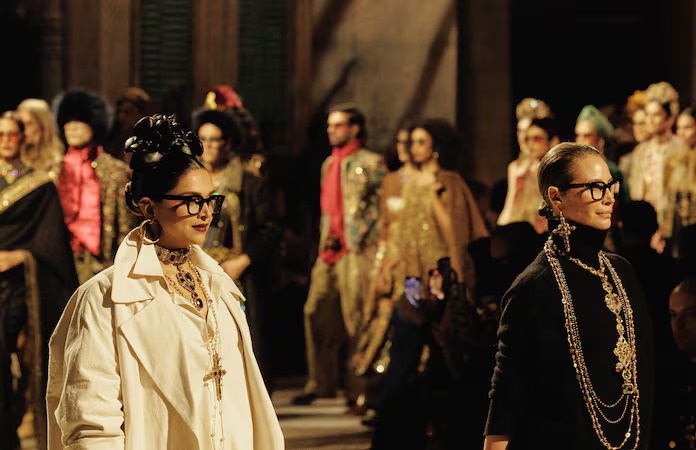"The recent edition of Kingpins Amsterdam, held on April 10 and 11, 2019 attracted the attention of several top international denim, jeanswear and fashion brands. However, attendance at this event was significantly lower than previous editions. This was mainly due to the cost cutting measures adopted by many companies. Despite this, visitors noted several emerging fabric trends for f/w 2020-21 at the event."
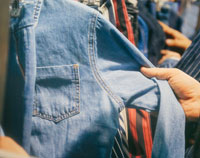
The recent edition of Kingpins Amsterdam, held on April 10 and 11, 2019 attracted the attention of several top international denim, jeanswear and fashion brands. However, attendance at this event was significantly lower than previous editions. This was mainly due to the cost cutting measures adopted by many companies. Despite this, visitors noted several emerging fabric trends for f/w 2020-21 at the event.
Emphasis on sustainable denim
Emphasising on the importance of sustainability, the show’s founder Andrew Olah announced his intention to henceforth accept only CSR-certified companies at the show. He offered a new environment-friendly technique that uses clay from the Haly’s river to age fabrics naturally without polluting waters. The clay, when mixed with bio indigo, produces new and different dusty blue hues on flat fabrics. Its application on denim fabrics can create new uneven surface effects.
Other innovations displayed at the show included aniline-free denims by Soorty and Advance Denim. Brand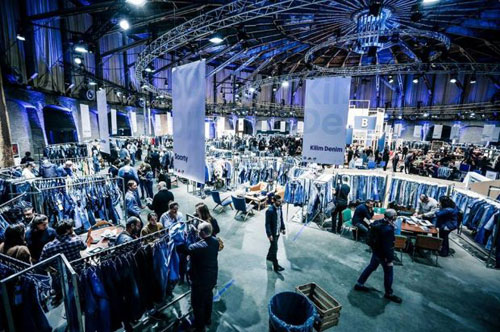 Albiate 1830 presented high-quality 100 per cent organic cotton denims, while Neela by Sapphire Fabrics offered pre-washed denims in two blue shades.
Albiate 1830 presented high-quality 100 per cent organic cotton denims, while Neela by Sapphire Fabrics offered pre-washed denims in two blue shades.
Bossa launched Organic Autumn Savefera, a denim made with organic cotton, recycled cotton and Refibra then treated with its Saveblue technology that reduces water consumption by 85 per cent. Tencel presented its Planet Rehab collection designed by Juan Carlos Gordillo using fabrics by Tejidos Royo made with Tencel and Tencel x Refibra fibers, dyed with Recycrom eco-friendly dyes by Officina+39 and finished by Tonello.
Iskur Denim presented its Earthsquad denim collection made with yarns obtained from recycling all the cuttings collected throughout Iskur Group’s facilities. Garmon Chemicals introduced White & Green, an alternative solution to dangerous products used in the industry. The range a guarantees a new discoloration process for achieving a high level of whiteness, superior bright shades, stylish vintage looks and high-level contrasts, while saving energy.
Fabric and color trends
Consumers prefer comfort over style as was evident from the display of unisex f workwear, overalls, all-in-ones, workers’ jackets and comfy cargo pants. Brands played with a variety of fabrics to achieve this new comfy-coolness. Amongst the most preferred fabrics were Tencel, fabrics from Lenzil, fabrics having a supper inner side from Soorty and the Eversoft collection from Bossa which offered a special blend of fibers.
As was evident at the show, denims in yarn-dyed color and flat fabrics are back in fashion. Green shades, bordeaux and reds, earth hues and also a vast range of ecru, most different whites and beiges are some of other trending denim colors.
Eco-friendly the new way for brands
Brands are introducing new eco-friendly concepts to minimise their impact on the environment. Jeanologia developed a new concept to recycle, reinvent and revamp old stocks and unsold pieces by adding new laser techniques creating different surface effects, graphic elements, handwritten decors and also abrasions and uneven effects and embroideries that give a new aspect–and life–to old pieces.
The new collection of indigo- and sulfur-dyed special knits by Arvind provide new jacquard effects on ribs, garments’ edges and placed decorations and can be laser-cut and thermo-sealed.
London-based The Vintage Showroom is launching TVS Images, a new digital archive for designers and creatives. This archive’s London collection offers vintage workwear and denims which it will start presenting by initially showcasing 25,000 unique images that will be updated quarterly.

